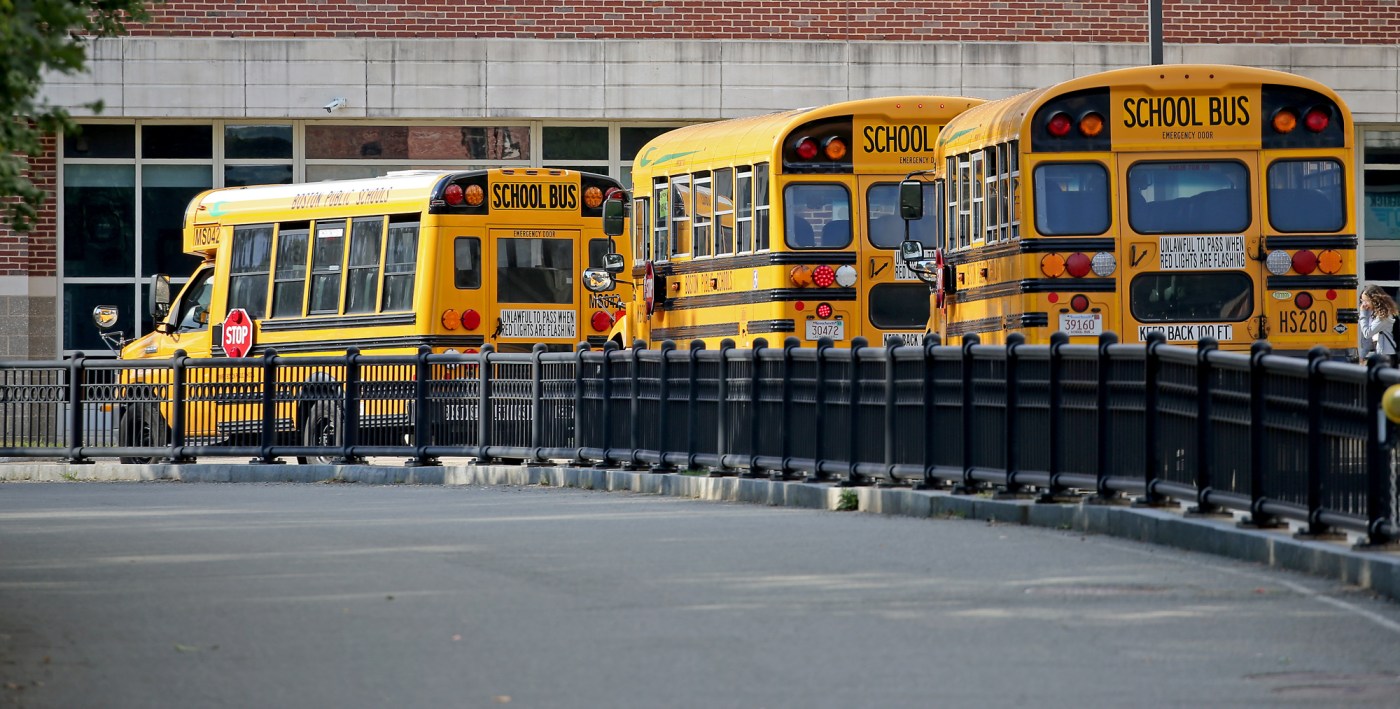
Editorial: Boston Public Schools need T-like outsider intervention
What do Boston Public Schools and the MBTA have in common?
Far too much.
Like the T before the arrival of General Manager Phillip Eng, progress at BPS is stalled.
Back in 2022, BPS faced its own kind of derailments and signal problems. A deal for a Systemic Improvement Plan was struck between the city and state that June, outlining various transportation, inclusion, infrastructure, achievement and other benchmarks the district has to meet to avoid a “chronically underperforming” status and a state receivership.
Last fall, Mayor Michelle Wu hailed the progress the BPS had made.
“It’s very clear that what we have accomplished over the last year is a product of our collaboration,” Wu said. “BPS has met the deadlines for 29 of the 31 deliverables in the (Systemic Improvement Plan) with two remaining, bathroom renovations and the facilities plan, projected to be finished by the end of the year.”
That victory dance doesn’t fit with views of some City Councilors, who this week gave a reluctant thumb’s up to the mayor’s $1.5 billion budget for the public school district.
Councilors bashed BPS for transportation problems around on-time school bus performance, chronic absenteeism, student safety and underperformance by students, with Erin Murphy, a former BPS teacher, asserting that less than 30% of third-grade students are reading on grade level.
Councilor Ed Flynn, who voted in favor of the budget, said. “In my opinion, we do have a struggling system that doesn’t work.”
If this is what the march to success looks like, we’d hate to see the path leading to failure.
We’ve endured years of this with the T: budgets go up, some problems get fixed, more problems emerge, budgets rise yet again, passengers seethe.
With BPS, however, it’s not riders stranded on platforms, but students languishing in underperforming schools with poor outcomes. Which is why BPS needs the kind of kick-in-the-pants intervention that the MBTA received in 2019.
Safety was the hot-button issue when, after a string of derailments, the MBTA oversight board put together an independent panel to review the T’s safety practices.
That panel included former United States Secretary of Transportation Ray LaHood, past Federal Transit Administration acting chief Carolyn Flowers and former New York City Transit head Carmen Bianco.
The ensuing report was scathing and slammed the T for “deficiencies” in nearly every area of safety maintenance and practice.
That’s what BPS needs if it is going to get education for students in underperforming schools back on track. We need a panel of independent experts, people from around the country who’ve seen school districts turn around and know how that can be accomplished. The problems facing BPS can’t be solved by simply increasing the budget, and the focus must be on the children.
During this week’s budget meeting, Councilor Gabriela Coletta Zapata spoke favorably of the mayor’s efforts to implement aspects of the Green New Deal into schools. That’s all well and good, but how will that decrease absenteeism or boost reading proficiency?
These are Boston’s children, and giving them a quality education shouldn’t be in a slow zone.
Editorial cartoon by Steve Kelley (Creators Syndicate)

